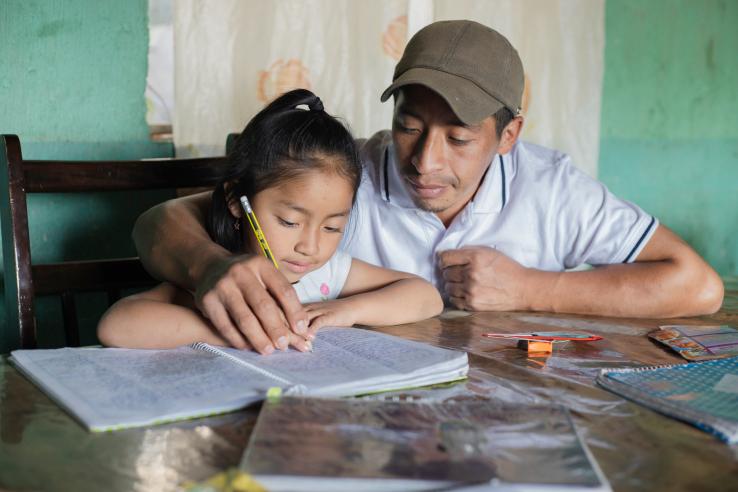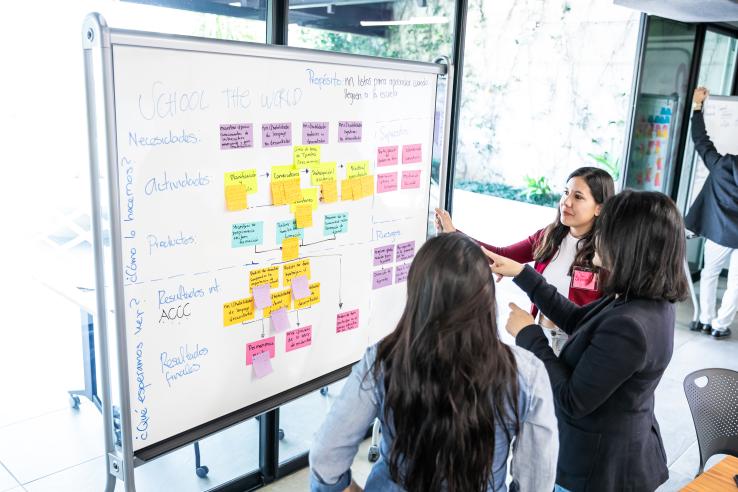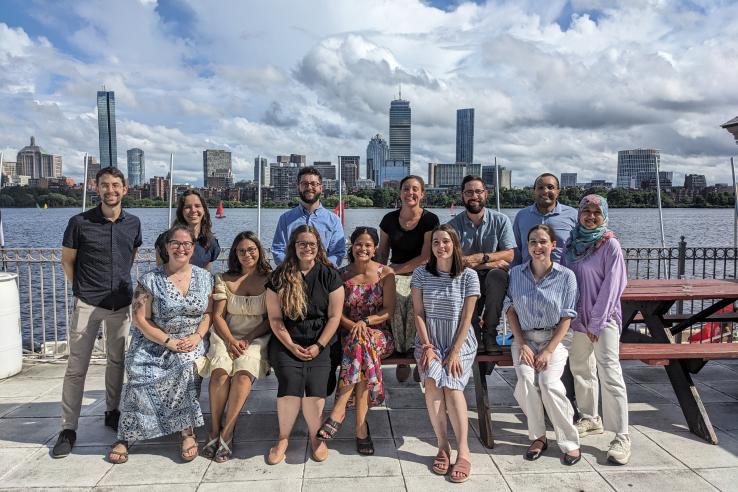Displaying 6916 - 6930 of 8326
Event
El jueves 29 de agosto de 2024, J-PAL Latinoamérica y el Caribe (LAC) y la Universidad de Costa Rica (UCR) presentarán evidencia relevante para la región sobre evaluaciones de programas enfocados en educación. El evento se rá híbrido, presencial en la Universidad de Costa Rica y transmitido en línea...
Event
El martes 27 de agosto, J-PAL Latinoamérica y el Caribe (LAC) y la Universidad del Valle de Guatemala (UVG) presentarán evidencia relevante para la región sobre evaluaciones de programas enfocados al desarrollo en educación. El evento será presencial, en el auditorio F101, edificio F del nivel 1, de...
Person
Saberi Mallick is a Research Associate on the Prevention of Sexual Harassment Study under PIs - Prof. Lori Beaman, Prof. Seema Jayachandran, and Prof. Anisha Sharma. This project studies the scale and frequency of women’s experiences of sexual violence outside the home. Previously, Saberi has been...
Research resource
From ideation and early research design to uncovering causal mechanisms or details about unexpected outcomes, careful qualitative work can be an important complement to the quantitative portion of an RCT. This resource illustrates what can be learned from qualitative data analysis at different...
Research resource
This resource provides an overview of commonly used qualitative tools and details how to integrate them into an RCT. It also covers key considerations when hiring and training qualitative field staff, sampling, and data analysis. Qualitative research includes a broad range of methods that we cannot...
Blog
Carbon markets are rapidly being developed by multiple countries, including those in the Middle East North Africa. While these markets aim to reduce emissions and enhance corporate action, rigorous impact evaluation and evidence-use is needed to ensure that the design and implementation of these...
Person
Person
Person
Blog
This is the first of an annual series of blog posts about J-PAL North America's DEI efforts.
Evaluation
In Colombia, researchers conducted a randomized evaluation to test the impact of a messaging-based program via WhatsApp focused on financial education, couples’ communication, and information provision on financial capability, women’s empowerment, and intimate partner violence.
Evaluation
Researchers partnered with Opportunity International Savings and Loans Limited (OISL) to conduct a randomized evaluation to test the impact of high-frequency interactive voice response (IVR) calls on people’s use of mobile banking services and their financial behaviors in Ghana. People who received the IVR calls were more likely to use mobile banking and make on-time loan repayments, increasing their access to subsequent loans; however, they were not more likely to save.
Person






